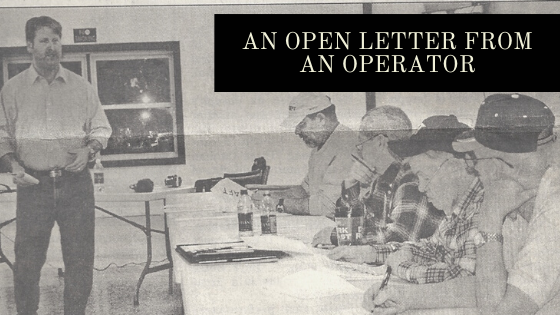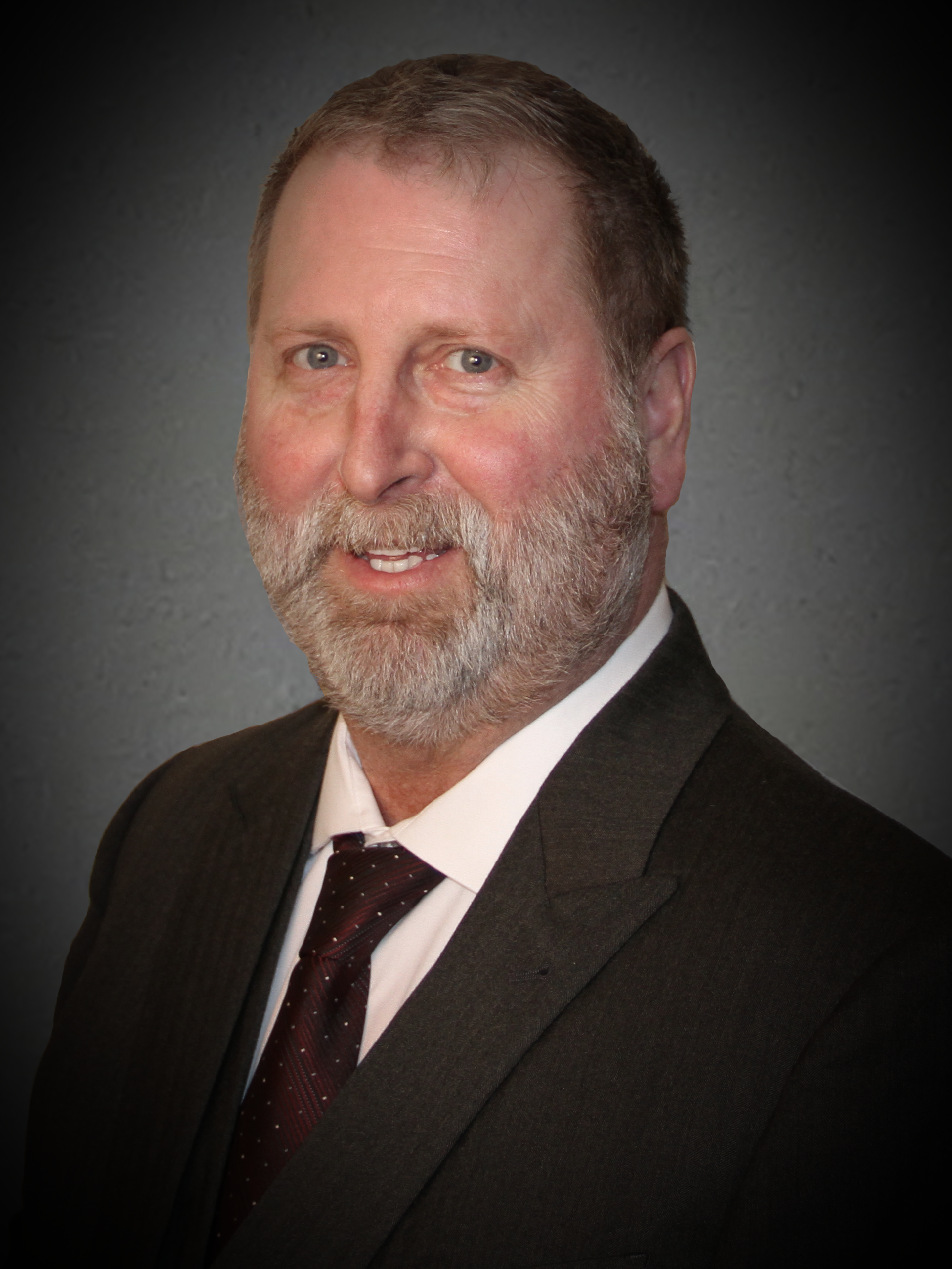An Open Letter From An Operator

Hello everyone, my name is Jeffrey Fish. I recently accepted the first “Operations Specialist” position created by Commonwealth Engineers. Commonwealth established this position to provide operator assistance and better collaboration from an operator’s perspective on projects, thereby improving long-term operational success. Operators have an influential voice, and Commonwealth is making sure we have a seat at the table.
As an operator myself, I have sat at planning tables with community leaders for many years. I believe that the operator’s knowledge and voice are vital to planning and design. If fully shared and recognized, this voice can lead to better awareness of critical needs, improved project development, and successful problem-solving. However, as promising as that sounds, current trends show operators leaving the water industry faster than utilities can hire and train new candidates to fill vacated positions. So, how do we help communities that are losing their operators to retirement, illness, or other more appealing careers? Well, in my case, I can provide operator assistance, training, and mentoring to less-experienced operators. In addition, I can help communities assess their critical needs and determine how best to move forward with existing staff.
A lot of operators have grown out of entry-level positions when opportunity and necessity showed up, including myself. For example, I began my water and wastewater career when I was only eighteen years old, just after marrying my wife, Deborah, and starting our family of five. My position initially involved entry-level work for the Street, Water, and Sewer departments. Like a lot of operators, I performed lots of labor-intensive work for all the departments – we did everything – but before long, I was collecting samples and performing water-quality tests at both water and wastewater plants. After a couple of years, the retiring Superintendent recognized me as someone that was always working and doing good work with little, if any, direction or supervision. He then approached me about operator certification training and promotion to Street and Water Superintendent (as his successor). This scared the bejesus out of me, but with the promotion came a significant raise, which I could not afford to pass up (I had three babies to feed). So, nervous wreck or not, I gave it my best shot and low and behold, it stuck. I passed my first set of water operator exams to become a certified operator and the Superintendent in 1991.
Now, thirty-five years into my career, I have passed Indiana’s highest municipal water and wastewater operator certification exams, supervised and operated water and wastewater treatment facilities, and provided testimony in rate-making cases on behalf of Indiana consumers. For most of those years, I functioned as the Certified Operator in Responsible Charge for utilities under titles, including “Superintendent” and “Utility Manager.” In addition to operator certifications, I have earned the National Rural Water Association’s “Utility Management Certification,” IDEM’s “RTCR Level II Assessor Certification,” and Indiana’s “Level II Water Audit Validator Certification.”
Currently, much of my work involves providing operations assistance and performing critical needs assessments for communities taking into account the experience level of operators and whether there is an operator-in-training to assume a responsible charge role. With Commonwealth creating this position, operators now have an in-house advocate supporting and collaborating with them on training operators, solving process-control issues, and developing improvement projects. In turn, community leaders have operational assistance available to them if they run a little low on operator experience.
For community leaders, the bottom line is that the impending water and wastewater workforce challenge is real. The missing person in our workforce is the elusive Certified Operator and the Certified Operator in Responsible Charge. Current operators in responsible charge, if you are not already planning for it, your utilities are depending on you to have enough operators trained and willing to fill these roles. Even if you are a small utility and your succession plan is to share these responsibilities with a neighboring community – write it down, make it known, and maintain those relationships and your succession plan. It is better to assess your operational needs now than to find your community without a certified operator.
Stay safe and best wishes!
Jeffrey
